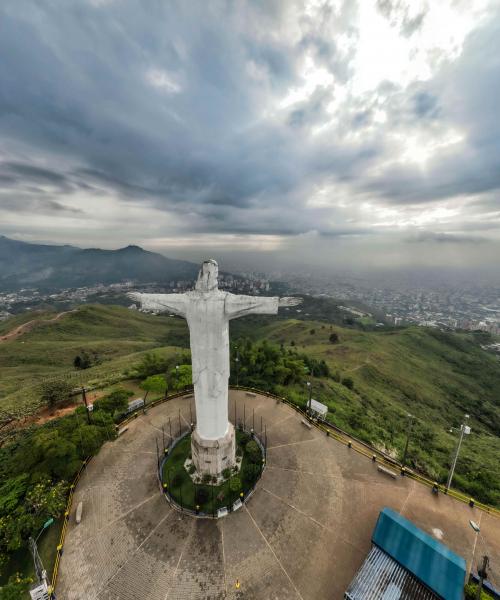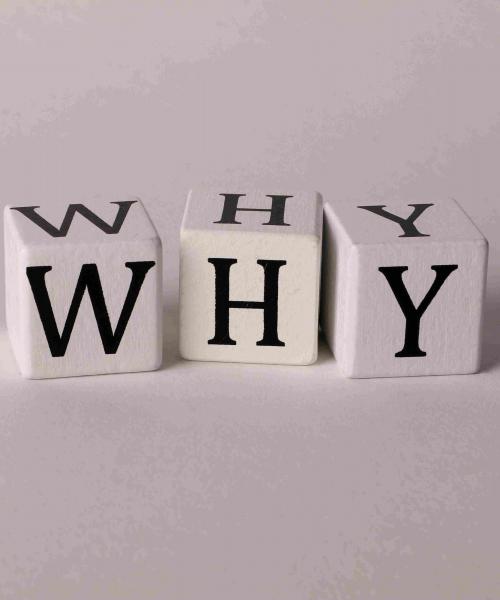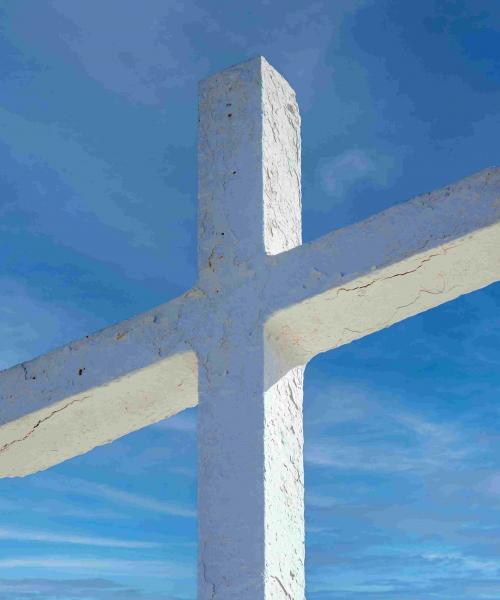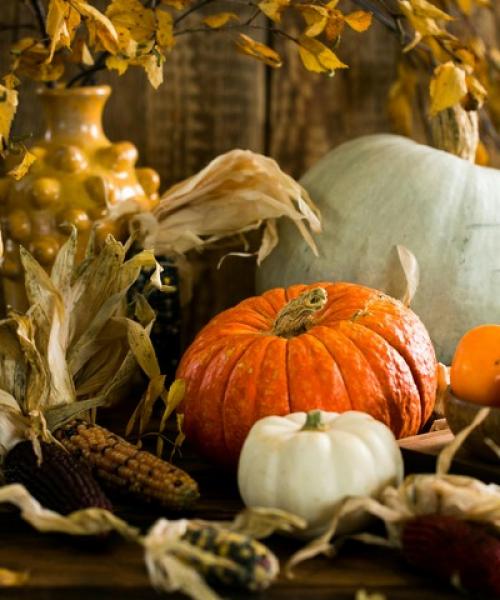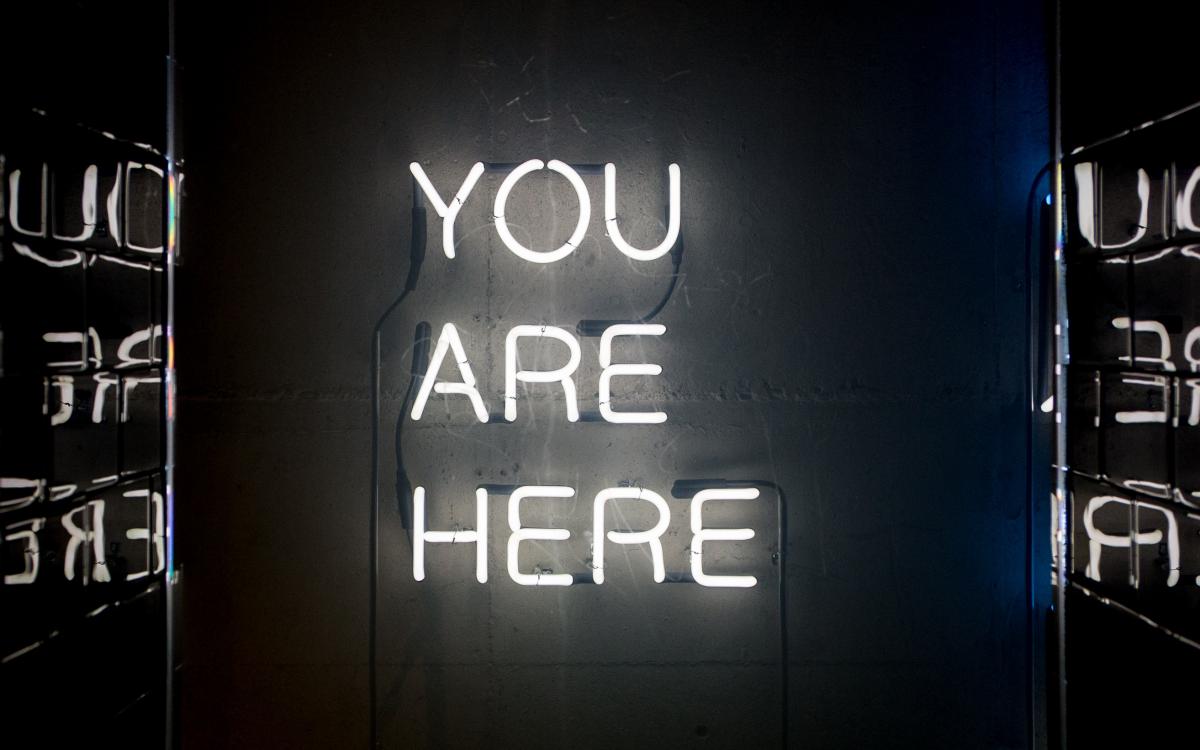
Not-even-if-someone-rises-from-the-dead
We’ve all had that experience…wondering what it will take – to convince our kids that we’re actually acting in their best interest. What sort of disaster will convince people that we are changing the climate and endangering one another by our indifference to the consequences? What will it take to convince folks that concern for public welfare is not socialism or communism or radicalism – but simply decent human behaviour? What does it take to get the message of God’s gracious, generous love for all Creation through to those who prefer selfish gain (or stubborn individualism) to the deep and wide fellowship of the community of humanity that Jesus modelled?
‘There was a rich man who was dressed in purple and fine linen and who feasted sumptuously every day…’ The story doesn’t go well for this person – soon to die and be dragged too the depths. His earthly comfort replaced by eternal torment. We are told nothing about his behaviour except that he was rich. And nothing about his religious inclinations except that he finds himself embroiled in a spiritual dilemma posed as a parable.
The problem – as Jesus describes it – is a complete ‘reversal of fortunes; the first shall indeed be last. The mediator here is Abraham – most revered of the Hebrew sages; father of the faith – whose response to the rich man’s suffering might best be expressed in the colourfully cynical phrase ‘suck it up buttercup!’
So much for theological sophistication.
Whatever we think about Abraham’s lack of sympathy, the parable seems to say ‘That’s the way it is – and for good measure, you are now separated from eternal bliss by a chasm that no one may cross.’
And this is where it gets interesting.
Seems it is not just the man’s riches that confine him to his particular fate. He failed to ‘listen to Moses and the prophets…’ Having Lazarus’ return to warn of the dangers – the remedy suggested by the rich man – is first, impossible and second, unnecessary. Moses and the prophets (in other words the gathered wisdom of the community tradition of faith) offers the guide to God’s peace and rest in God’s presence. What else to you need?
This odd little parable is a challenge to us - we who sit in relative comfort and security, in a country with something like a social safety net - we who profess the faith and who share sympathy and offer what support we can to those who are not so fortunate. Is the Master suggesting that the dividing line is clear? Are we bound to simply ‘trade places’ with the poor and bereft when we come to the end of our mortal existence? Should we abandon all trace of wealth and privilege in order to secure our eternal bliss?
Not exactly.
This is not about wealth, (though the continued reality of poverty should move all of us to radical action); this is a parable about greed. This is not about living in false humility to satisfy some religious or cultural requirement; it is about seeking true justice – loving mercy – walking humbly and all that. This is not even a foreshadowing of the event that defines the Christian faith – the resurrection of Jesus – it is about finding a peaceful, gentle, radically compassionate path through this life.
Because here’s the thing: we declare that someone HAS risen from the dead – a glorious, messy mystery of faith – and even that has led to some serious misunderstanding about what faith looks like or what faith might accomplish or (more troubling) how your understanding of that resurrection mystery might determine whether or not you are ‘carried away by the angels.’ And it turns out that Jesus’ resurrection is not just a secret pass that gets us in to heaven.
Jesus’ resurrection is a sign of the pattern of God’s love and care for us mixed-up mortals. The resurrection is a signal that the universe really is more marvellous than we can imagine; that the benefits of ‘good living’ are available in the here and now, in spite of any evidence to the contrary. Self- made riches and internally defined ‘success’ is (as the ‘rich man discovers) fleeting and self-serving. God has always held a higher ideal out to us. The comfort and blessed rest given to the unfortunate Lazarus at his death is part of the plan for everyone. Always was – always will be.
We should not make the mistake of assuming that the trade-off for heaven is a life lived in misery – neither is a life of ease the sure way to eternal damnation. I think Jesus is making quite a different point in fact.
This appeal to Abraham - to ‘Moses and the prophets’ - brings our attention to the vast history of Holy experiences. In Abraham, a man without a country became ‘father of a multitude - father of a nation. In Moses, a person who, by his own admission, ‘slow of speech…’ (Exodus 4:10) becomes symbol and spokesperson for a people without a voice .The pattern of God’s generous grace is there for us to see and to emulate. God’s inclination to shame the strong by honouring the weak is well established - and Jesus’ story invites ‘the strong / the rich / the powerful / the comfortable’ to take notice.
Even now - especially now - in a time when we imagine that equality is achievable, this parable pushes us to think again. Our assumptions about opportunity and equality - about the ability of anyone to fend for themselves and take full advantage of the wonders of capitalism - such assumptions are challenged every day. We are convicted in this parable by the one who knows the truth about the world and about us. So what can we do? How should we adapt? How do we live into God’s desire for Creation?
It starts with an open hand - an open heart. It starts with the recognition of the injustice that pushes people to the edges of society. The biggest lesson of Jesus’ parable? The poor man has a name - the rich man does not. This is not how we usually behave, with our hero-worship and class envy. The best part of St John’s grocery hamper program wasn’t that people were fed - it was that people were recognized - called by name - welcomed into conversations.
It starts simply, this pattern of gracious behaviour; The knowing and naming of ‘those people’ - the hesitant invitation that turns into a regular conversation that becomes a passion for the welfare of one another. This is what the kingdom of God is like, and it is waiting to welcome us and all.
 St. John's
St. John's